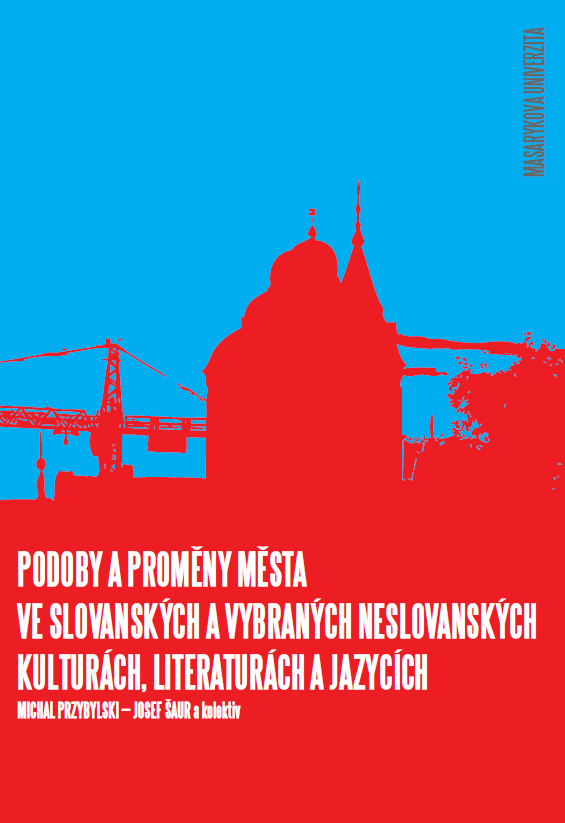Сравнительный анализ лексики, используемой праительственными структурами и «несистемной» оппозицией в современной России
Comparative analysis of vocabulary used by government structures and the “unsystematic” opposition in modern Russia
Author(s): Anton Somov
Subject(s): Theoretical Linguistics, Applied Linguistics, Eastern Slavic Languages, Government/Political systems, Politics and communication
Published by: Masarykova univerzita nakladatelství
Keywords: Language of Russian government; politics and langauge; polysemantisation; politicizing of existing phrases; neologisms;
Summary/Abstract: Anton Somov covers the language of the current Russian government and pro-government forces as compared to the “non-establishment” opposition movement whose position strengthened with the Duma elections in December 2011. The author characterizes the phrases used by the politicians now in power in the Russian Federation, while pointing out particularities of the Russian political discourse from the language point of view. He also gives examples of the current popular, and highly apt, vocabulary that draws mainly upon the results of the Word of the Year media contest and the materials of the related Dictionary ofthe Year contest (2012). Somov explains the updating, polysemantisation, and politicizing of existing phrases and formation of neologisms in modern Russianas an impact of the direct influence of extra-linguistic factors, and primarily of the growth of rally attendance and other political activity by the citizens of the Russian Federation and the reaction to this by government and pro-government politicians. Together with these examples, Somov provides culturological and linguistic commentaries with an eye to the non-homogenous political situation inside modern Russia.
Book: Podoby a proměny města ve slovanských a vybraných neslovanských kulturách, literaturách a jazycích
- Page Range: 31-48
- Page Count: 18
- Publication Year: 2013
- Language: Russian
- Content File-PDF

